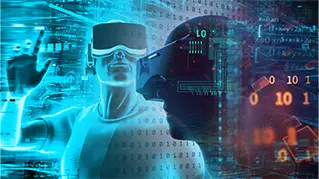Course Overview
Are you excited and curious about new technologies? Do you have a desire to apply technology to enrich the lives of those around you? Do you want a career in emerging fields such as analytics, artificial intelligence, big data, cybersecurity, financial technologies or immersive media?
The Common ICT Programme enables you to explore and learn more about the various IT fields before deciding on which course to pursue!
In this one-year programme, you will learn the fundamentals of Information Technology such as coding and computational thinking, data analytics, cybersecurity fundamentals and user experience design.
You will then be able to choose one of the following diploma courses to undertake for the next two years of your study:
[T69] Applied Artificial Intelligence
[T60] Big Data & Analytics
[T62] Cybersecurity & Digital Forensics
[T58] Immersive Media & Game Development
[T30] Information Technology
Take a byte of the different slices of the IT pie in the Common ICT Programme!
AWS Cloud Practitioner Certification
Many companies are now placing their information on the cloud, as well as creating applications and services on the cloud. Due to cloud computing, we are seeing a big shift from the traditional way businesses think about IT resources. Cloud Computing professionals are in high demand in the IT industry. The AWS Certified Cloud Practitioner offers a foundational understanding of AWS Cloud concepts, services, and terminology.
The School of Informatics & IT curriculum prepares students to acquire the AWS certified cloud practitioner qualification. Industry-recognised certificates give students and prospective employers an added confidence about the cloud proficiency of graduates.
Supported by:
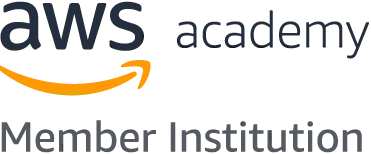



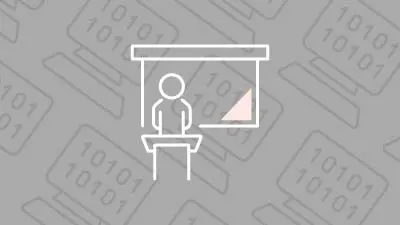
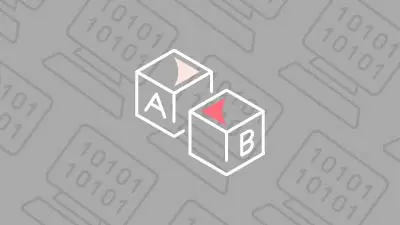
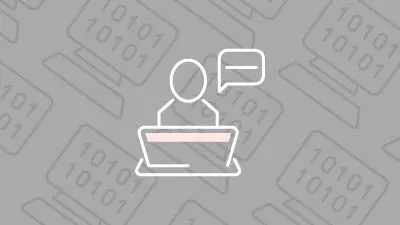


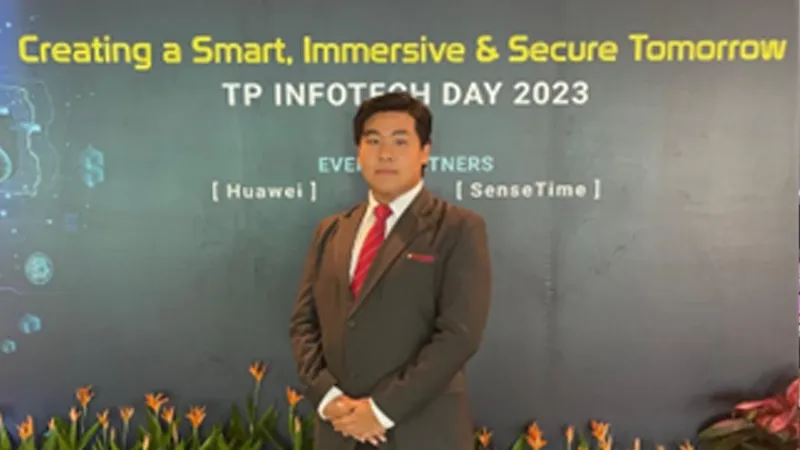

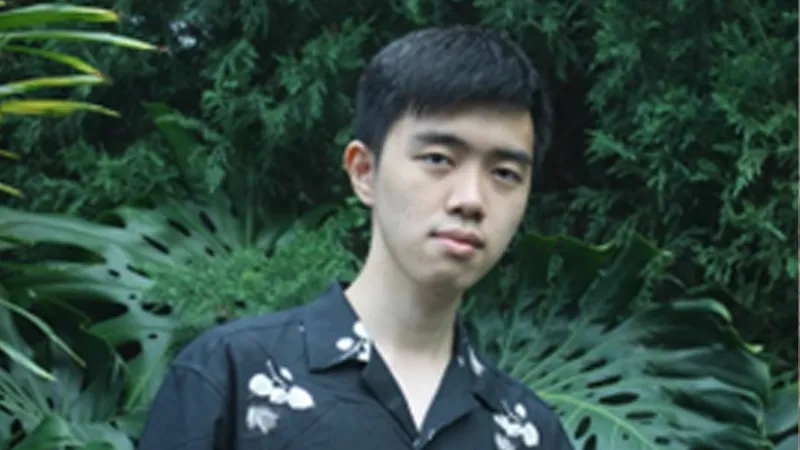
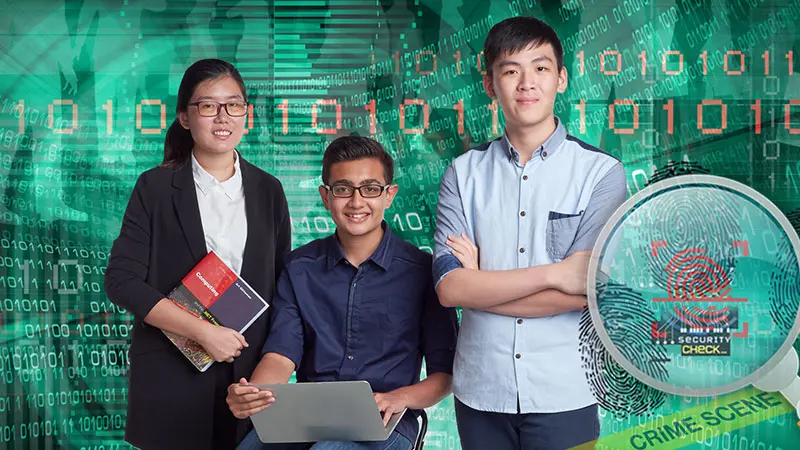
/IIT-t60-tn.webp)
